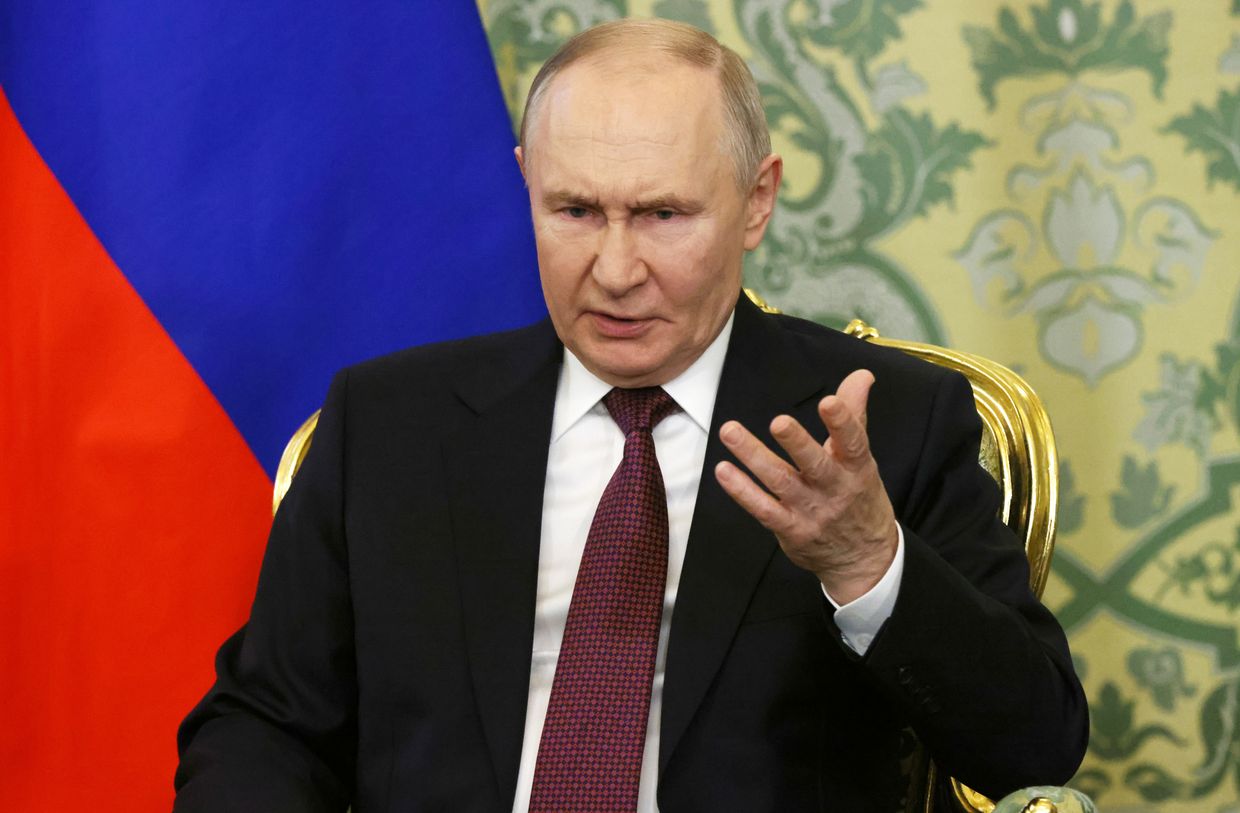
Book on Soviet dissidents wins Pulitzer Prize
"To the Success of Our Hopeless Cause: The Many Lives of the Soviet Dissident Movement" by Benjamin Nathans, which covers dissent in the Soviet Union and Russia today, won a Pulitzer Prize on May 5.

"To the Success of Our Hopeless Cause: The Many Lives of the Soviet Dissident Movement" by Benjamin Nathans, which covers dissent in the Soviet Union and Russia today, won a Pulitzer Prize on May 5.

Russia will launch a new program called the Digoria Political Education Workshop to provide "ideological training" to personnel who work with youth, a source in the Kremlin told Russian state media.
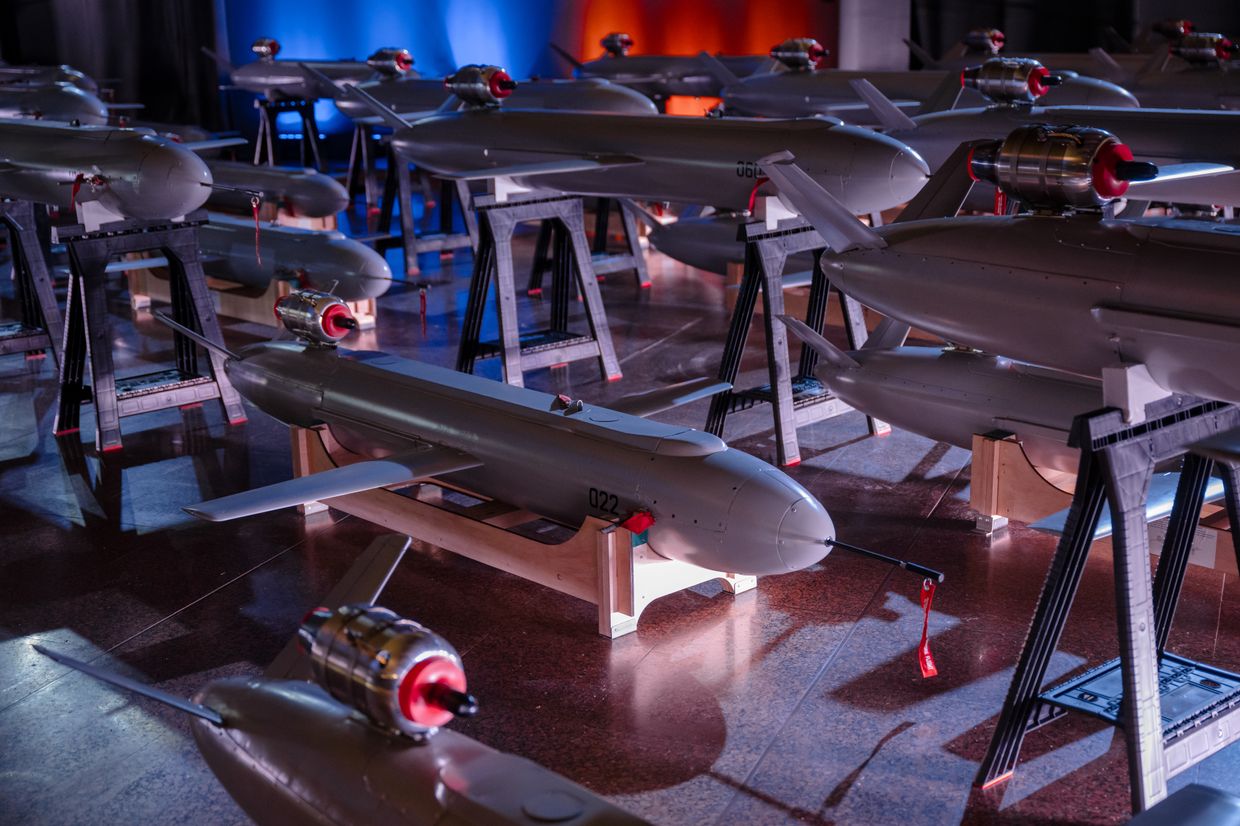
Where the Donbas meets the Dnipro River, the USSR built out a dense range of massive factories, using the local coal and metal reserves to smelt, weld, and cast the heaviest of machinery — and weaponry — for the whole of the Soviet Union. One of these is Pivdenmash, formerly known by

Editor's note: This article has been updated to include the official response to the Kyiv Independent from Ukraine's General Staff, which came a few days after initial publication. Last February, a Ukrainian company commander going by his callsign Veter was ordered to send his people to reinforce another unit’s

Following Ukraine's declaration of independence on Aug. 24, 1991, Vitold Fokin became the country's first prime minister and served until Oct. 1, 1992.

English speakers the world over long referred to Ukraine’s capital as Kiev, not realizing they were using the Russian name for the city.
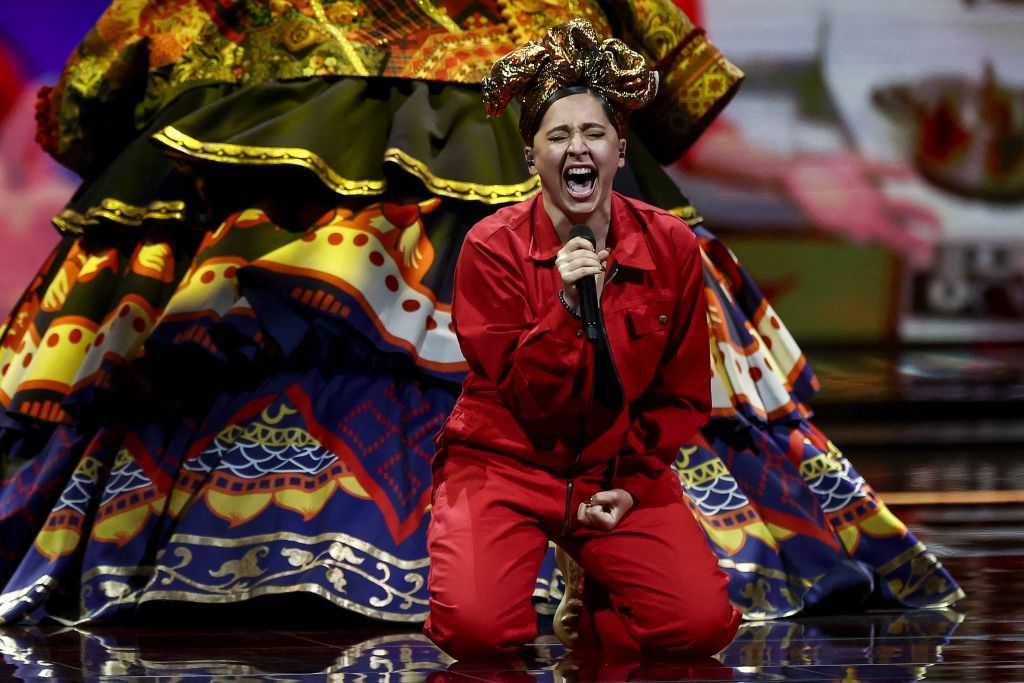
Russia has been banned from participating in the Eurovision Song Contest since the full-scale invasion of Ukraine in 2022.

In times of war, the fundamental questions of survival, morality, and identity not only dominate the discourse but also expose the fissures in global political ideologies. Amid the clamor of media narratives and entrenched partisan frameworks, a few voices manage to rise above the fray, offering incisive critiques and grappling

A Californian court sentenced former FBI informant Alexander Smirnov, who falsely accused the Biden family of taking a bribe from a Ukrainian business, to six years in prison, CNN reported on Jan. 8.
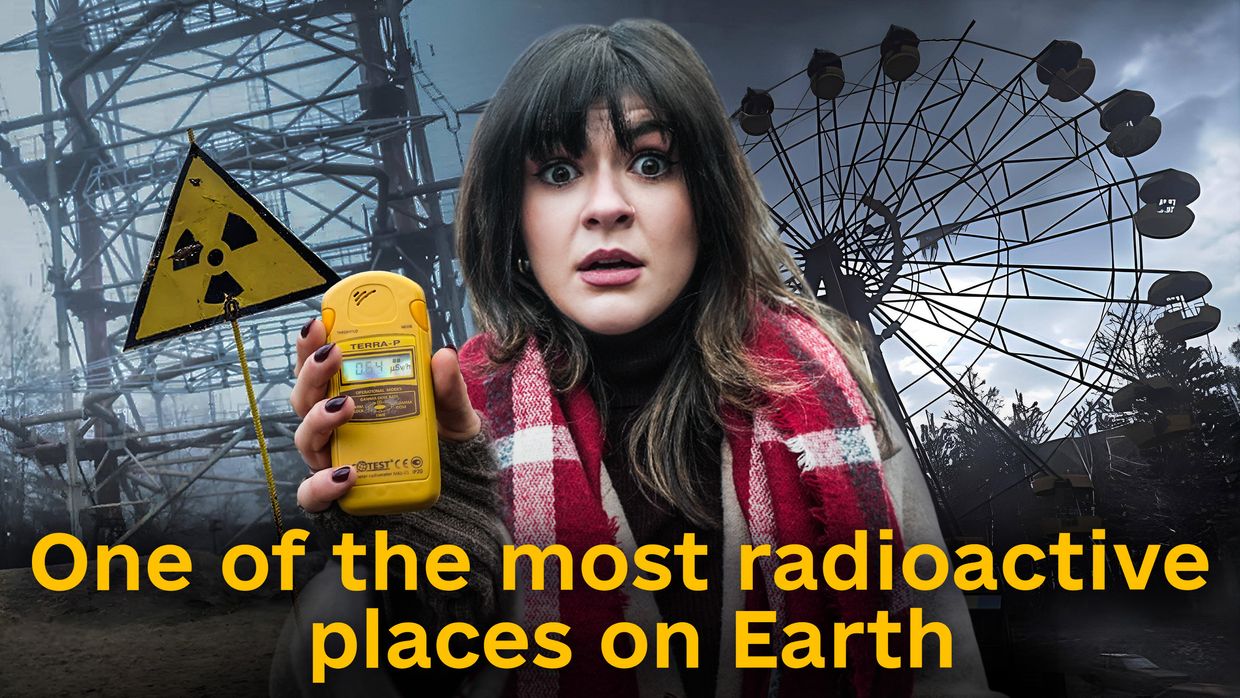
In the sixth episode of Dare to Ukraine, we gain rare access to the Chornobyl Exclusion Zone, known globally as the site of the catastrophic 1986 nuclear disaster and one of the most radioactive places on Earth.

Editor’s Note: This article was published by the twice-weekly newsletter “The Counteroffensive with Tim Mak” on Nov. 23, 2024, and has been re-published by the Kyiv Independent with permission. To subscribe to The Counteroffensive, click here. For a brief period just over 30 years ago, Ukraine possessed the third-largest

A new political museum at the same site will open on Feb. 15, 2025, Finnish authorities announced. The museum will reportedly focus on Finnish-Russian relations, including developments in the 21st century.

Sergiyev Posad-6, a military site northeast of Moscow, was a biological weapons research center during the Cold War. A major renovation began at the site shortly after Russia launched its full-scale invasion of Ukraine, the Washington Post reports.

On a recent trip to Kyiv, I was fortunate enough to join a tour of the city led by Olena Zaretska, the granddaughter of the legendary Ukrainian artist and dissident Alla Horska. Horska was part of a generation of young writers, artists, and intellectuals who challenged the repressive cultural atmosphere

Ukraine's parliament, the Verkhovna Rada, voted on Sept. 19 to rename 327 settlements that had names related to the Russian Empire or the Soviet Union.
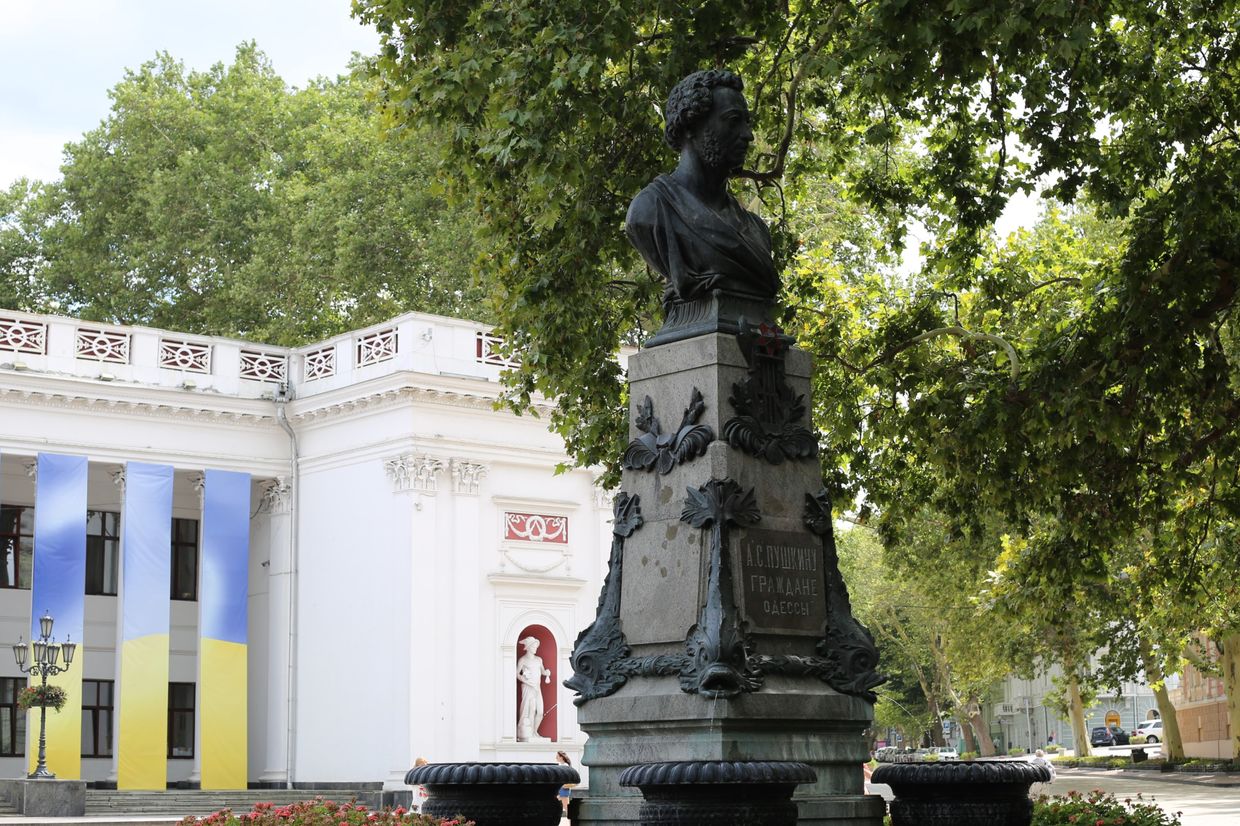
Kiper made the statement after Odesa Mayor Hennadiy Trukhanov criticized the renaming of streets on Aug. 1, claiming that Odesa City Council had "nothing to do with this."

Ukraine's Ministry of Culture removed the formerly-named Peoples' Friendship Arch from the state register of monuments of national importance due to its association with Russia's ambitions for Soviet reunification, indicating that the monument "may be dismantled."

Ukraine's Parliamentary Committee on Regional Development supported the renaming of seven more cities and 44 villages, whose names do not meet the standards of Ukrainian language or refer to Russian or Soviet names, lawmaker Roman Lozynskyi wrote on X on April 4.

Like any true detective novel, Andrey Kurkov’s “The Silver Bone” starts off with a brutal murder and endeavors to maintain high stakes until its final pages. The novel, now available to English-language readers in translation by Boris Dralyuk, was recently longlisted for the International Booker Prize, one of the

Ukraine's Parliamentary Committee on Regional Development adopted a decision to rename five cities and 104 villages that were given Russian or Soviet names, lawmaker Roman Lozynskyi announced on social media on March 20.

Editor’s Note: This article was published by the blog “The Counteroffensive with Tim Mak” on March 14, 2024, and has been re-published by the Kyiv Independent with permission. To subscribe to "The Counteroffensive," click here. Dilaver Saidakhmetov's grandfather wasn’t a practicing Muslim, but that didn’t stop him
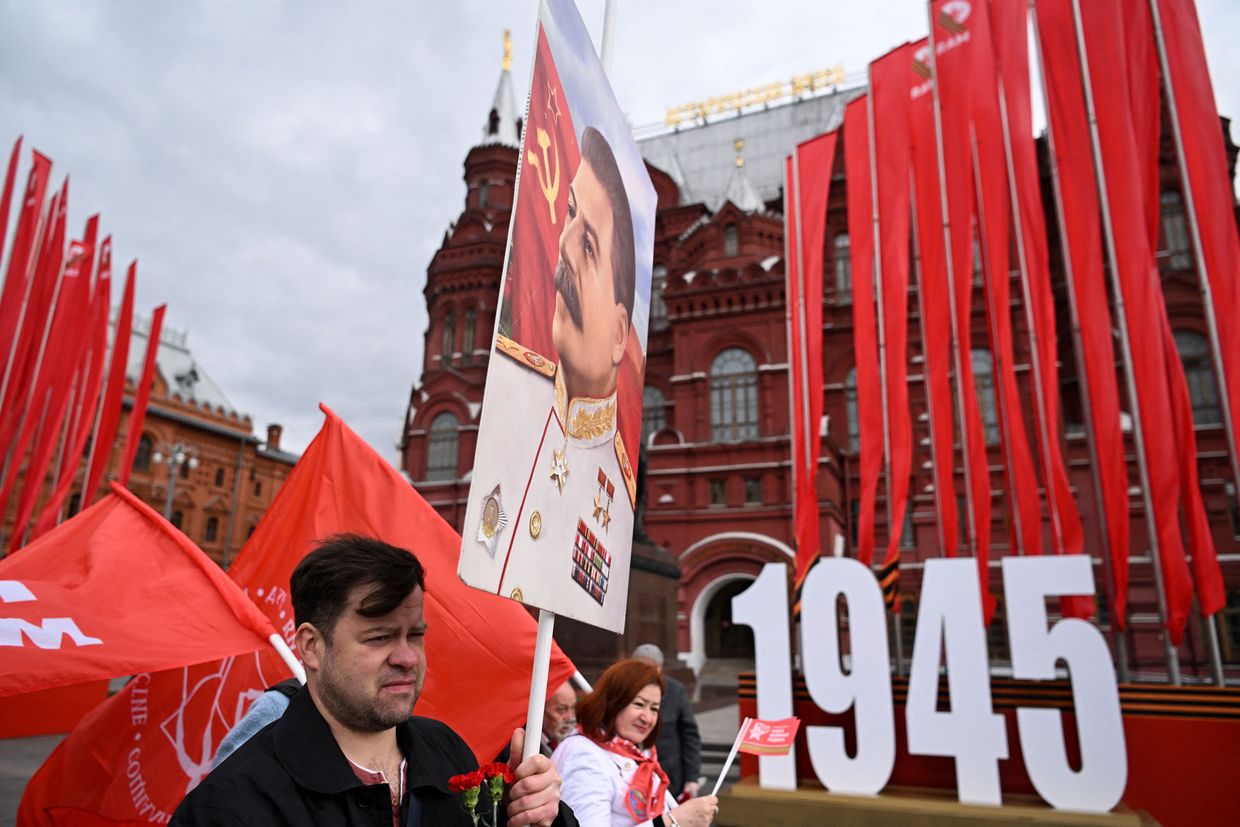
The Communists of Russia party has urged the Russian Federal Security Service (FSB) and top prosecutors to investigate potential Western intelligence involvement in the 1953 death of Soviet leader Joseph Stalin, the Russian state-controlled news agency RIA Novosti reported.

For many people worldwide, Russia's full-scale invasion of Ukraine appeared unprecedented and unthinkable. However, for those familiar with Ukrainian history, it unfortunately represented a familiar pattern. In his latest book, "The Russo-Ukrainian War: A Return to History," the historian Serhii Plokhy explores how the myths deeply intertwined with Russian statehood
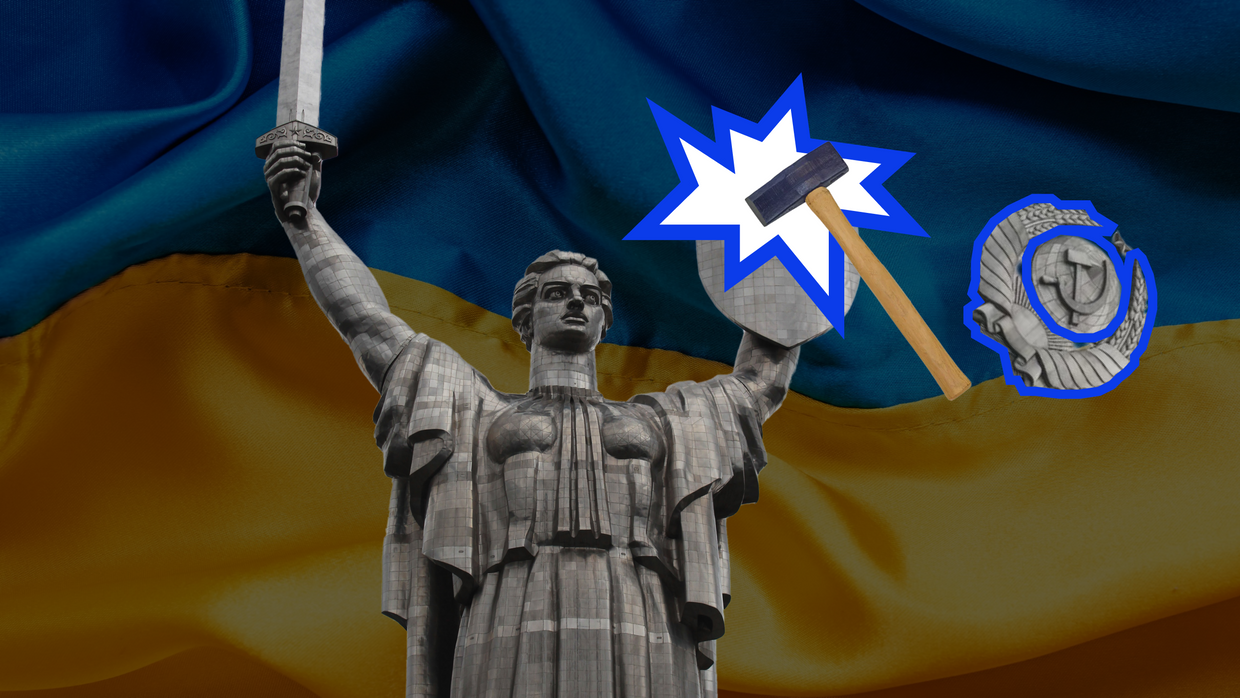
Thirty-two years after Ukraine proclaimed independence, it replaced the Soviet emblem from the country's tallest statue, the Motherland Monument in Kyiv, with Ukraine’s coat of arms, the trident.

The Holodomor — meaning “murder by starvation” in Ukrainian — is widely seen as one of the most devastating tragedies in Ukraine’s history.

Editor's Note: This is episode 1 of "Ukraine's True History," a video and story series by the Kyiv Independent. The series is funded by the Institute for War and Peace Reporting within the program “Ukraine Forward: Amplifying Analysis.” The program is financed by the MATRA Programme of the Embassy of

As my home country of Ukraine once again finds itself caught in the glare of the international media spotlight during its tense standoff with Russia, something catches my eye lately: The seeming inability by some respected news outlets to correctly name Ukraine. Specifically, the addition of that pesky definite article:

How is Soviet leader Vladimir Lenin different from Pudge, a ghoulish hero from the hit game Dota 2? When they’re illustrated in the same style, framed by the same star wreathed in flame, perhaps not different enough to avoid legal problems in Ukraine. U.S. video game company Valve,
